The likelihood of making errors in judgment is increased when physicians neglect or negate the impact that cognitive biases have on thinking. This in turn can cause providers to miss important clinical information and/or overlook or discount certain symptoms or infrequent diagnoses. There are numerous biases that I refer to as “preserving one’s sense of worth, competency, and/or status” that can be particularly problematic if not recognized. Consider how the following biases might impact clinical decision-making.
The overconfidence bias is a tendency to believe we know more than we do. In medicine, over-confidence is much more likely to be sought and rewarded, causing physicians to avoid showing “weakness” in the face of uncertainty.
The confirmation bias is the tendency to attend to information that confirms our beliefs and to discount or neglect information that does not confirm our beliefs.
The sunk cost bias occurs when considerable time, money, and/or energy has been invested, causing people to remain committed to the investment despite evidence that it is not achieving the desired result. This bias is often discussed with financial investments – in medicine, it shows up as sticking with a diagnosis because the physician has invested time, energy, or ego (I don't want to be wrong or be seen as incompetent).
While it is not possible to eliminate the impact of cognitive errors – they are mostly unconscious and thus we are unaware of their impact – it is possible, and highly recommended, to consider both their existence and their effects when interacting with patients and making clinical decisions. Unfortunately, the medical profession has tended to avoid discussion of cognitive errors, and when the topic is addressed, it is frequently met with pessimism. This makes it difficult to bring errors in thinking out into the open so that they are routinely discussed and considered in medical practice, in medical school, and as part of continuing education events.
To decrease the incidence of clinical errors in judgment, it is critical for physicians to learn and practice strategies to mitigate the impact of cognitive biases and heuristics. These strategies are frequently referred to as “debiasing” techniques.
Develop insight and awareness. The greatest danger is when physicians believe that they are immune to errors or biases in their thinking. You are not immune because you are human. Invest time in reflection rather than investing time in discounting your humanness.
Practice metacognition. It is inherent upon providers to continually assess their thinking processes – in other words, to engage in meta-cognitive practices, which is literally thinking about one’s thinking. Regularly step back from a problem so you can consider your thinking process. Get curious about all aspects of the situation, continually reflecting upon how you are approaching the problem. Ask: How else might I think about this?
Consider alternatives. Make a habit of considering other possibilities by frequently asking: What else might this be? Do not be hesitant to consult with colleagues when time permits. Sometimes a fresh set of eyes or ears can detect something that you don’t.
Appreciate that uncertainty is a necessary ingredient on the road to rationality. Embrace uncertainty as an opportunity to sharpen your thinking skills and to learn from experience.
Accept that errors occur and learn from them. One way that people of all ages learn is through a process of trial and error – using this approach in healthcare decreases the incidence of repeat errors and improves learning skills.
Check your ego. Take time to reflect if you are overly invested in being right rather than discovering what you might have missed. Ask: What might I be missing? Reframe errors as opportunities to learn and grow rather than evidence of your competency, worth or status.
In future articles we will continue to explore other common cognitive errors and strategies to minimize their impact.
15% Off Medical Practice Supplies
VIEW ALL
 Manual Prescription Pad (Large - Yellow)
Manual Prescription Pad (Large - Yellow) Manual Prescription Pad (Large - Pink)
Manual Prescription Pad (Large - Pink) Manual Prescription Pads (Bright Orange)
Manual Prescription Pads (Bright Orange) Manual Prescription Pads (Light Pink)
Manual Prescription Pads (Light Pink) Manual Prescription Pads (Light Yellow)
Manual Prescription Pads (Light Yellow) Manual Prescription Pad (Large - Blue)
Manual Prescription Pad (Large - Blue)__________________________________________________
Appointment Reminder Cards
$44.05
15% Off
$56.30
15% Off
$44.05
15% Off
$44.05
15% Off
$56.30
15% Off
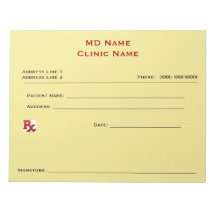
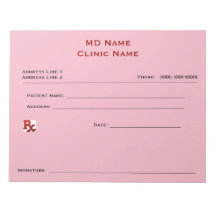
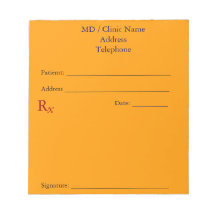
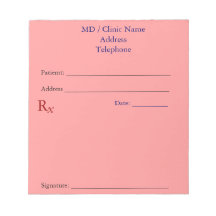
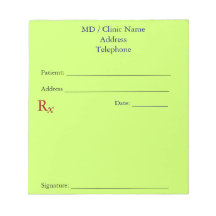
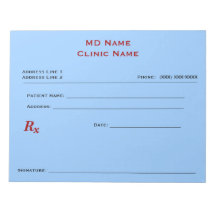
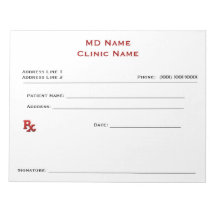
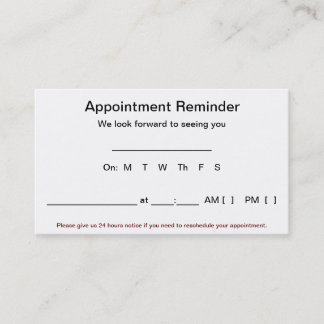
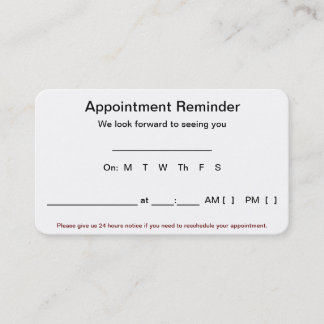
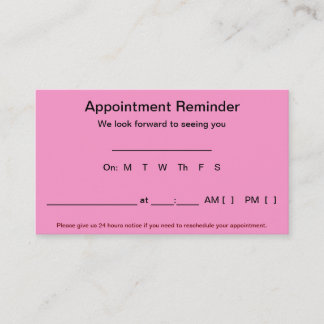
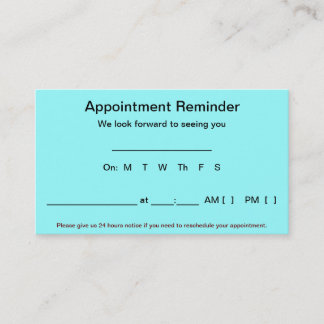
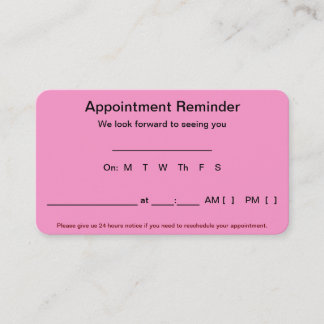
No comments:
Post a Comment